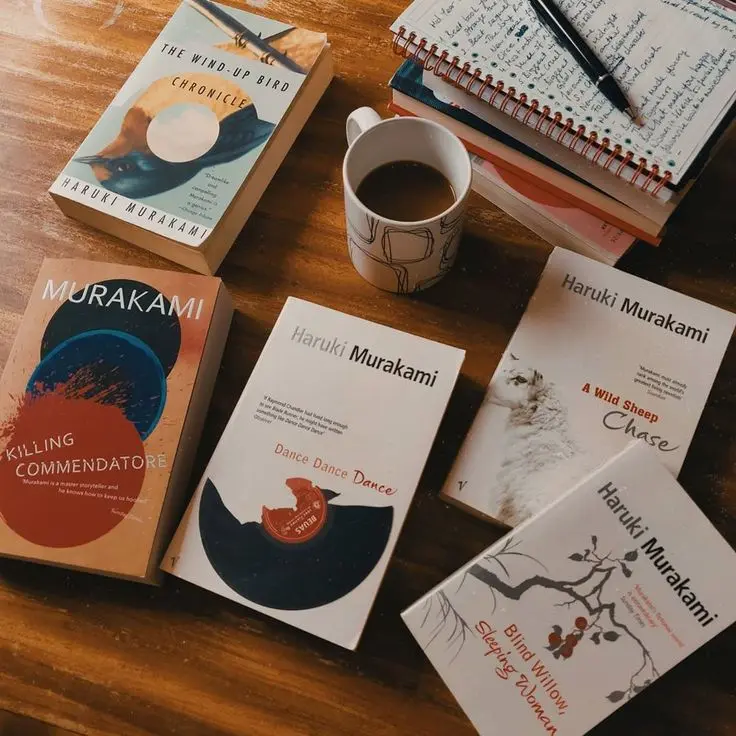Haruki Murakami is a literary icon known for his surreal worlds, introspective characters, and seamless blend of the ordinary with the extraordinary. But what if you’ve read all his works and are craving more? The world of modern Japanese literature offers a treasure trove of great novels that capture similar themes and tones. Whether you’re drawn to magical realism, philosophical musings, or dreamlike narratives, these popular Japanese novels by authors similar to Murakami are perfect for your next literary adventure.
Why Murakami Fans Will Love These Great Japanese novels
Murakami’s appeal lies in his ability to make the surreal feel real and the mundane deeply meaningful. Other popular Japanese authors explore comparable themes in their novels, from existential dilemmas to poignant human connections. By diving into their works, you’ll discover fresh voices while staying immersed in the literary magic you love.
10 Popular Japanese Novels
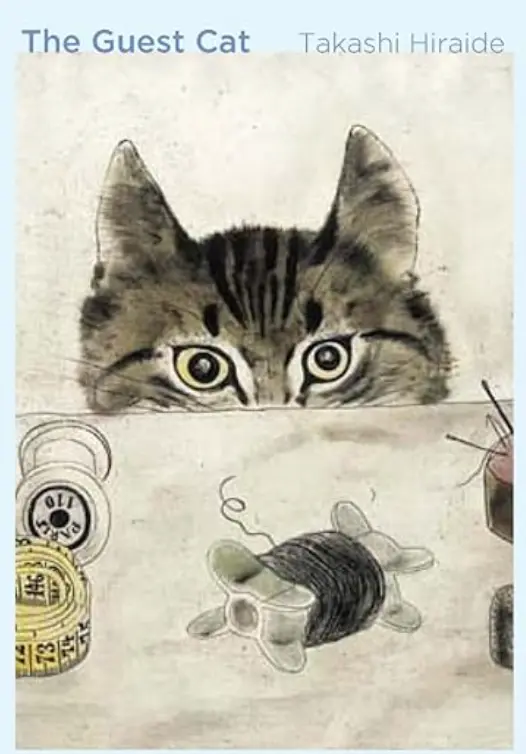
1. The Guest Cat by Takashi Hiraide
This quiet, meditative story follows a married couple whose lives are transformed by the arrival of a stray cat. A beautiful exploration of companionship, change, and the fleeting nature of life, it is celebrated for its poetic prose and emotional depth. Hiraide’s minimalist style invites readers to reflect on the small yet profound moments that shape our existence.
•How it’s similar to Murakami: The contemplative tone and exploration of fleeting beauty echo Murakami’s gentler works, like Norwegian Wood.

2. The Housekeeper and the Professor by Yoko Ogawa
In this heartwarming tale, a brilliant mathematician with memory loss forms an unlikely bond with his housekeeper and her young son. Through simple routines and shared discoveries, they create a tender connection that defies the boundaries of time and memory. This moving story highlights the unexpected beauty of human relationships and is a gem of modern Japanese literature.
•How it’s similar to Murakami: Ogawa’s lyrical prose and themes of connection resonate with Murakami’s exploration of human relationships.
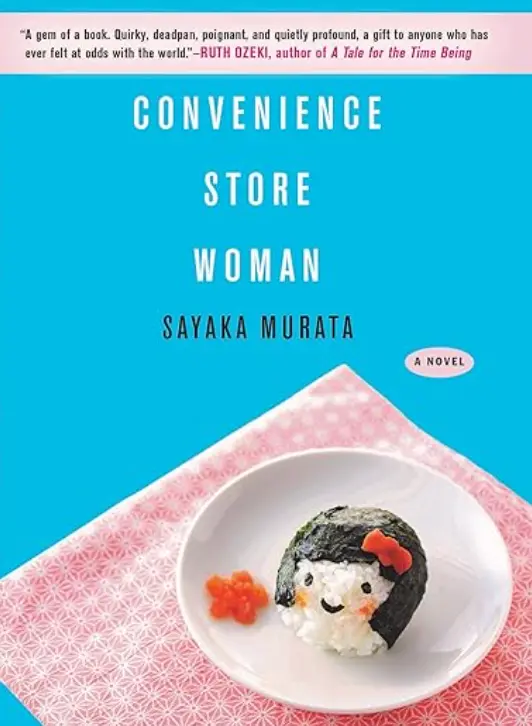
3. Convenience Store Woman by Sayaka Murata
This quirky and thought-provoking novel tells the story of Keiko, a socially unconventional woman who finds comfort in her routine as a convenience store worker. As she struggles to balance societal expectations with her own unique worldview, the novel offers a sharp critique of conformity. Murata’s razor-sharp wit makes this one of the most talked-about works in modern Japanese literature.
•How it’s similar to Murakami: Murata’s surreal yet relatable protagonist mirrors the introspective characters in Murakami’s novels.
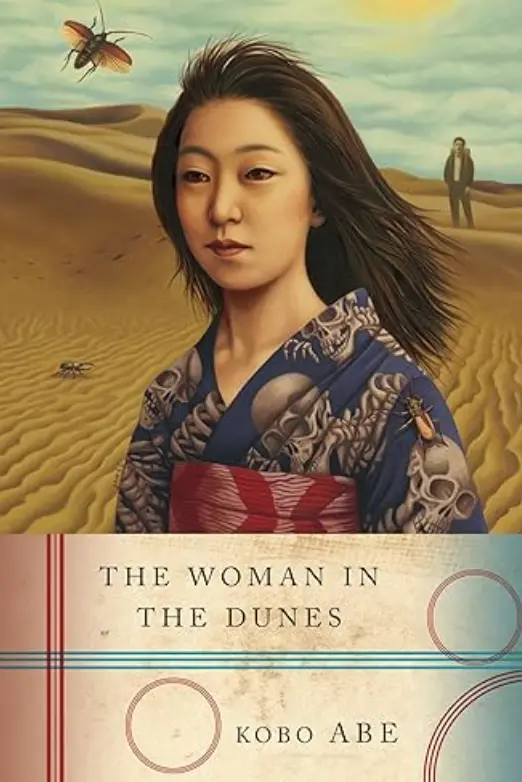
4. The Woman in the Dunes by Kobo Abe
A masterpiece of existential fiction, this haunting story follows a man trapped in a remote desert village and forced to shovel sand alongside a mysterious woman. Abe’s exploration of freedom, survival, and identity is both unsettling and deeply thought-provoking. Its rich symbolism and suspenseful atmosphere cement its place among the great Japanese novels of the 20th century.
•How it’s similar to Murakami: Abe’s masterful use of allegory and existential themes parallels Murakami’s darker, more surreal stories, like 1Q84.
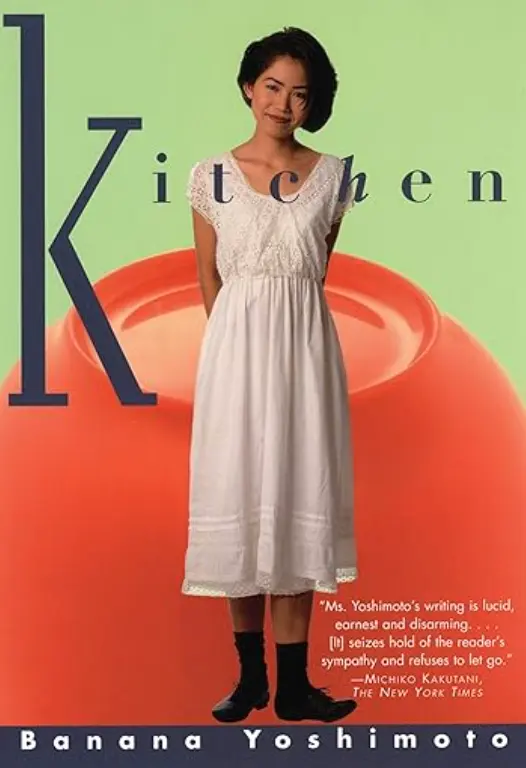
5. Kitchen by Banana Yoshimoto
This popular Japanese novel intertwines stories of grief, love, and healing through the lens of its protagonists, who find solace in cooking and unconventional relationships. With a blend of heartache and hope, Yoshimoto captures the resilience of the human spirit. Her evocative writing has touched readers worldwide, making this novel a timeless favorite.
•How it’s similar to Murakami: Yoshimoto’s exploration of human emotions and subtle magical realism aligns with Murakami’s quieter works, like South of the Border, West of the Sun.
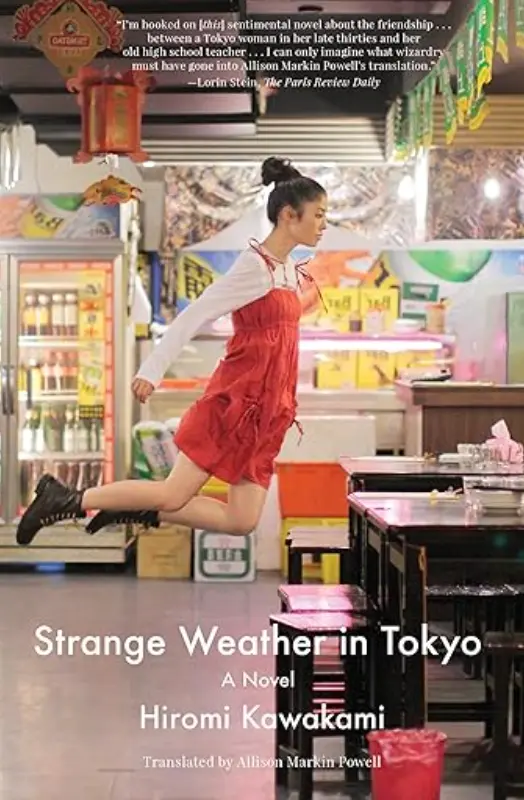
6. Strange Weather in Tokyo by Hiromi Kawakami
A poignant tale of love and loneliness, this novel follows the deepening relationship between Tsukiko and her former teacher. Their connection, filled with tender moments and unspoken understanding, unfolds with a quiet beauty that lingers in the heart. Kawakami’s delicate prose shines as she explores the intricacies of human relationships.
•How it’s similar to Murakami: Kawakami’s atmospheric storytelling and introspective characters echo Murakami’s style.
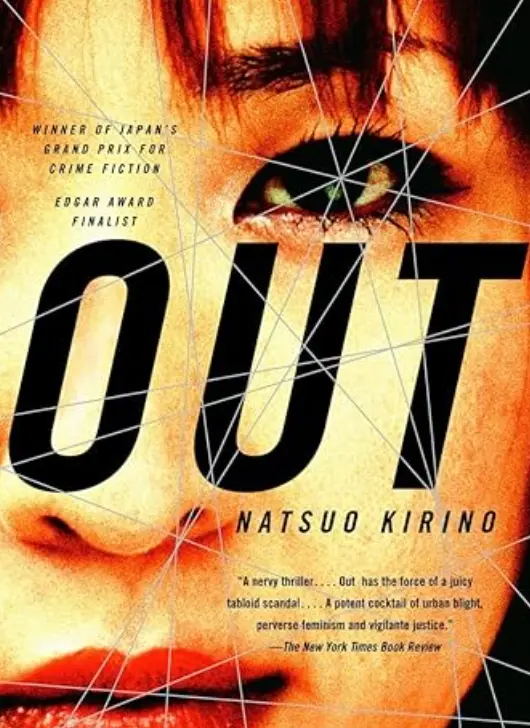
7. Out by Natsuo Kirino
This dark and gripping thriller centers on four women working at a factory who find themselves involved in a crime. With a chilling narrative and unflinching examination of societal expectations, Kirino’s work is a bold commentary on the pressures faced by women. This is a must-read for fans of intense, thought-provoking stories.
•How it’s similar to Murakami: Kirino’s raw depiction of human nature and suspenseful twists parallel Murakami’s darker themes.

8. What You Are Looking For Is in the Library by Michiko Aoyama
This charming and uplifting Japanese novel weaves together the lives of several individuals who visit a seemingly ordinary library, only to discover life-changing guidance in its quiet corners. With a thoughtful and hopeful tone, Michiko Aoyama explores themes of self-discovery, connection, and the transformative power of books. This book is a balm to the soul.
•How it’s similar to Murakami: Aoyama’s quiet yet profound exploration of human connection and personal growth echoes the introspective themes so typical to Murakami’s work.
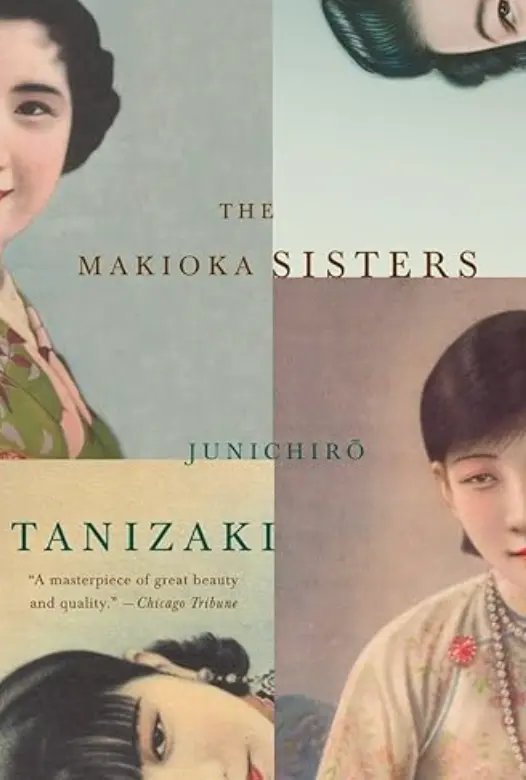
9. The Makioka Sisters by Junichiro Tanizaki
A literary classic, this richly detailed novel depicts the lives of four sisters navigating societal change in prewar Japan. Through its vivid depiction of family life, tradition, and the changing roles of women, it paints a nuanced portrait of a bygone era. Tanizaki’s exquisite storytelling has solidified this novel as one of the great Japanese literary masterpieces.
•How it’s similar to Murakami: Tanizaki’s quiet, introspective tone and deep focus on the intricacies of human relationships and struggles is similar to Murakami’s explorations of complex emotions and the passage of time in his novels.
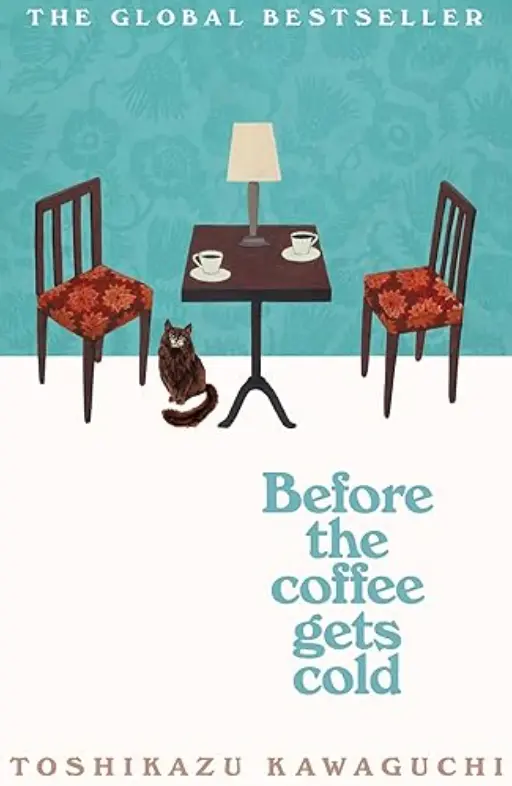
10. Before the Coffee Gets Cold by Toshikazu Kawaguchi
This enchanting and reflective novel invites readers into a small Tokyo café where customers can time travel—but only under strict conditions. With each traveler’s story, Kawaguchi weaves a heartfelt exploration of love, regret, and the desire to hold on to fleeting moments. It’s no surprise this is one of the most popular Japanese novels in recent years.
•How it’s similar to Murakami: Kawaguchi’s whimsical yet reflective storytelling mirrors Murakami’s surreal yet poignant narratives.
Dive Deeper Into Modern Japanese Literature
Do you want to dive deeper into these stories and connect with like-minded readers? Join our Virtual Book Club and explore these great Japanese novels together. Whether you’re a seasoned reader or new to the genre, these shared reading experiences can help you uncover hidden literary gems and connect with fellow book lovers. Sign up today!

